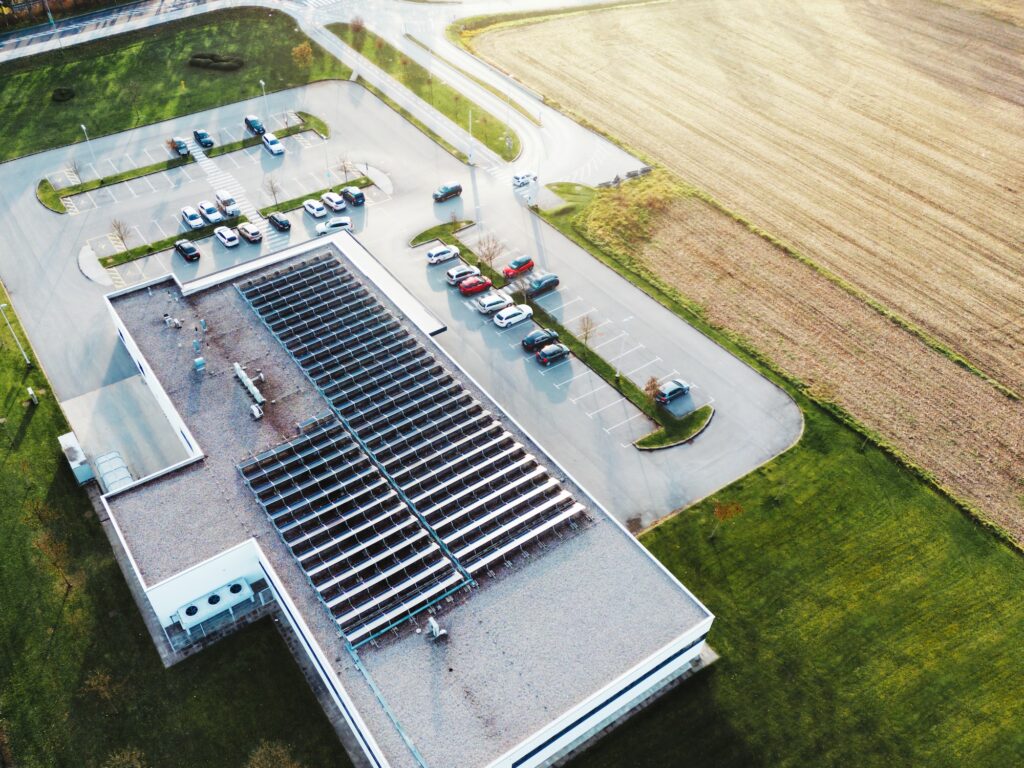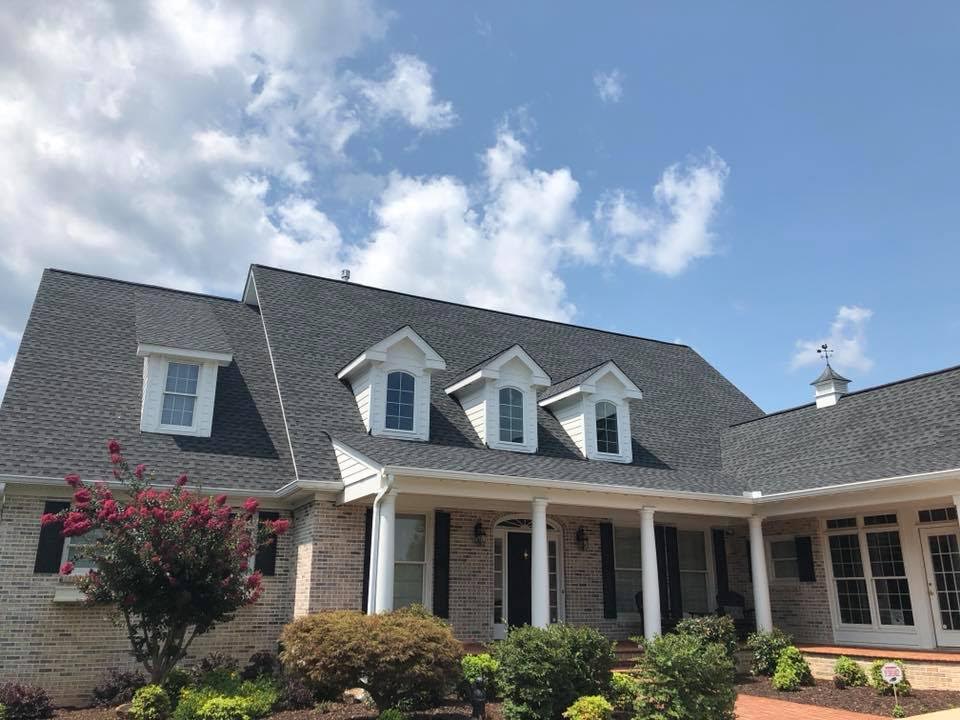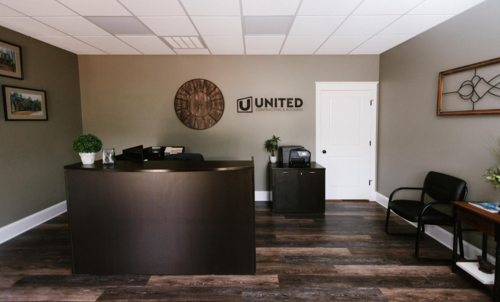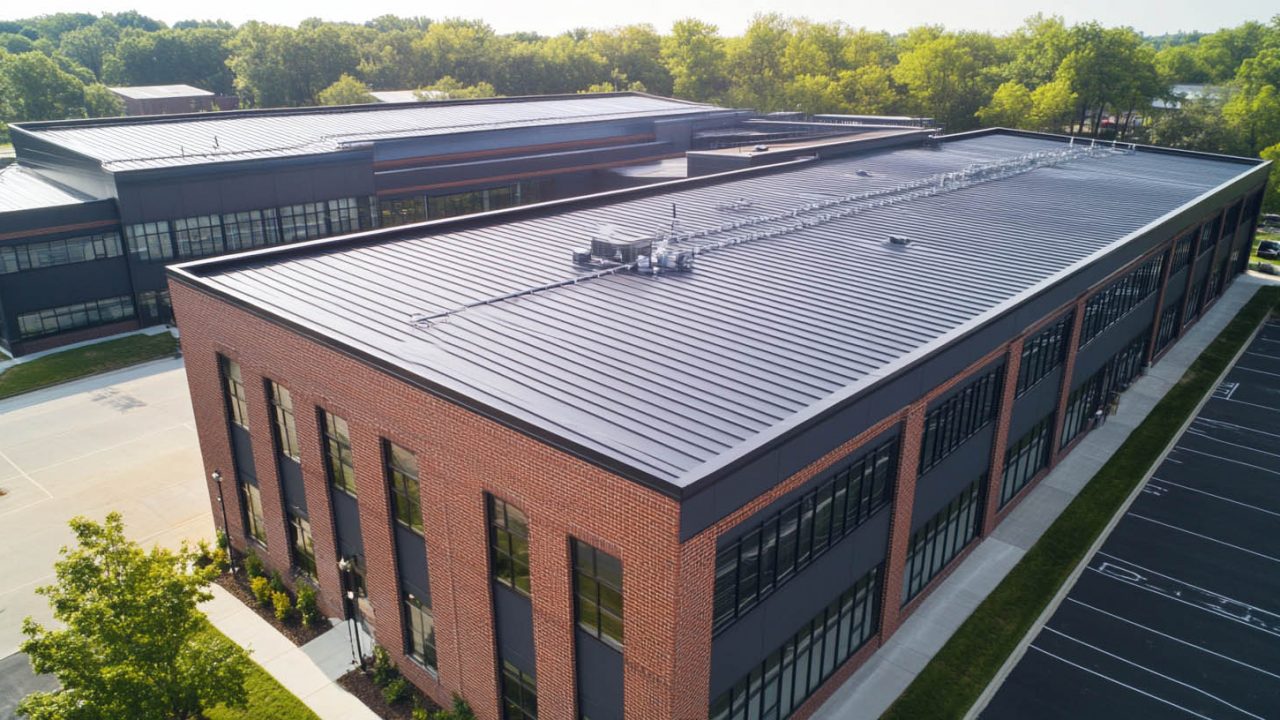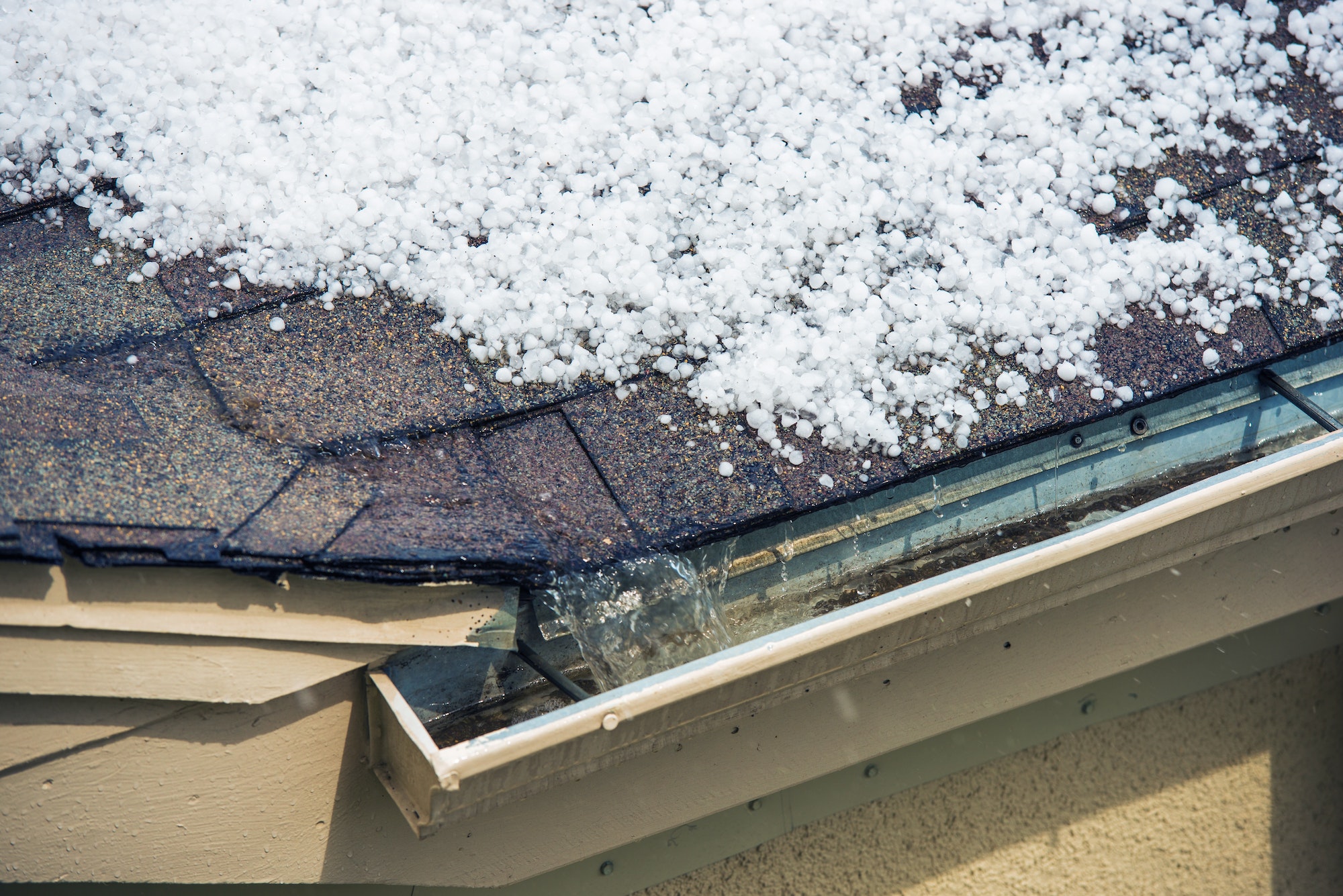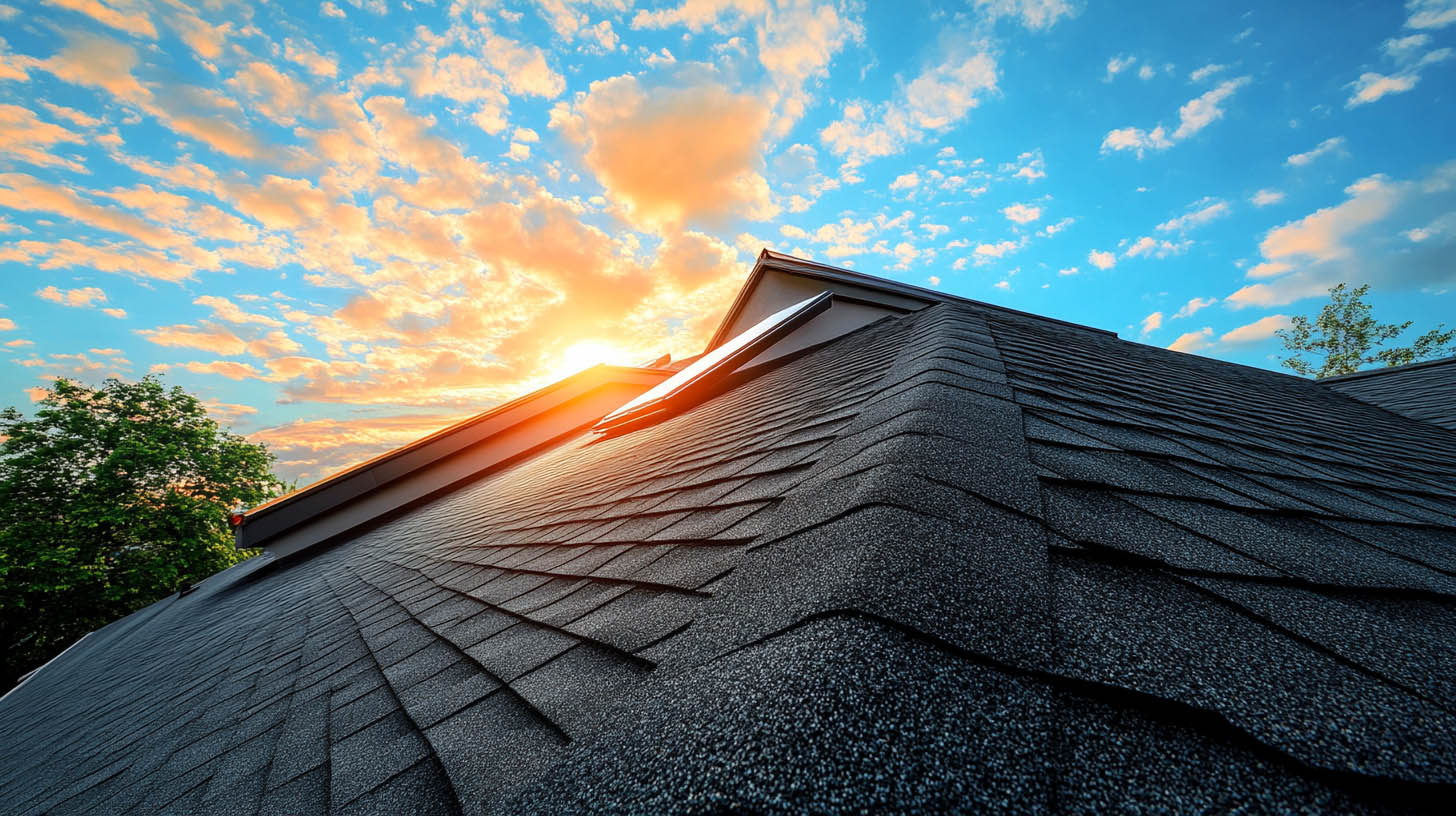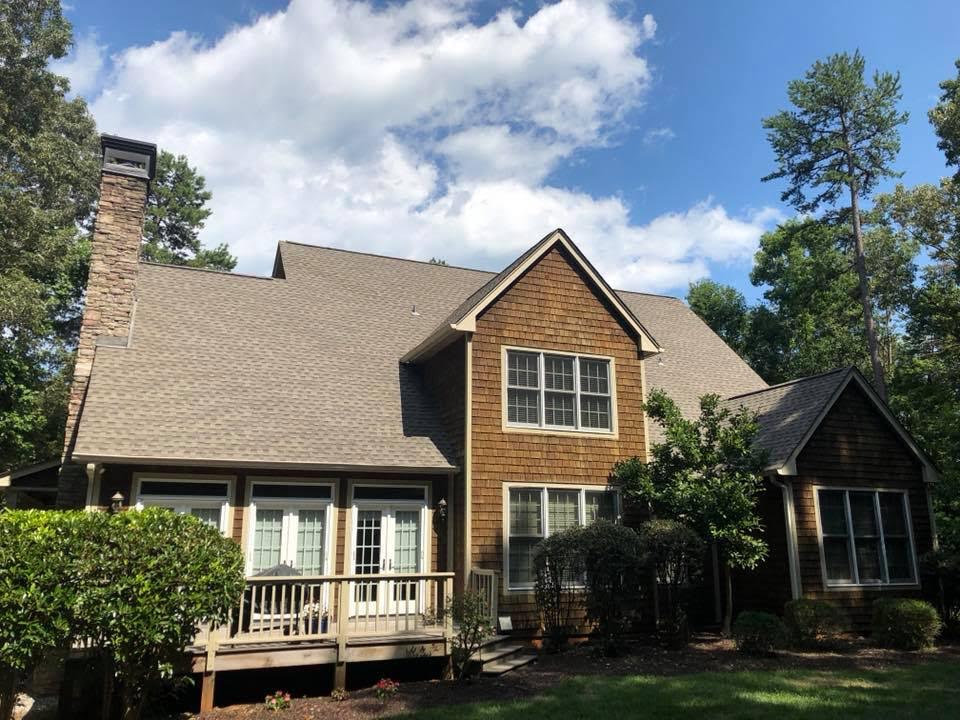Selecting the right roofing material for your commercial building is crucial for ensuring longevity, energy efficiency, and overall performance. United Contracting & Roofing LLC in Greenville, SC, provides expert advice and installation services to help you choose the best roofing material for your needs.
Thermoplastic Polyolefin (TPO)
Overview
TPO is a popular single-ply roofing membrane known for its cost-effectiveness and energy efficiency. It is typically white or light-colored, which helps to reflect sunlight and reduce heat absorption.
Benefits
- Cost-Effective: Lower upfront costs compared to other roofing systems.
- Energy Efficiency: Reflects sunlight, reducing cooling costs.
- Durability: Resistant to UV rays, ozone, and chemical exposure.
- Flexibility: Can withstand building movement and settling.
Concerns
- Puncture Susceptibility: Can be prone to damage from foot traffic or sharp objects.
- UV Degradation: Prolonged exposure to UV rays can degrade the membrane.
- Inconsistent Quality: Quality can vary between manufacturers.
Ethylene Propylene Diene Terpolymer (EPDM)
Overview
EPDM is a durable rubber roofing material that performs well in extreme temperatures and weather conditions. It is particularly known for its flexibility and longevity.
Benefits
- Weather Resistance: Excellent resistance to extreme temperatures, wind, and hail.
- Longevity: Can last up to 30 years with proper maintenance.
- Fire Resistance: Naturally fire-resistant.
- Ease of Repair: Simple to repair and maintain.
Concerns
- Energy Efficiency: Black EPDM absorbs heat, which may not be ideal for warmer climates.
- Installation Cost: Higher installation costs compared to TPO.
Polyvinyl Chloride (PVC)
Overview
PVC roofing is a highly durable and stable thermoplastic membrane known for its resistance to chemicals, grease, and fire. It is a great choice for commercial buildings with flat or low-slope roofs.
Benefits
- Durability: Long lifespan of 20+ years.
- Chemical Resistance: Ideal for buildings with grease or chemical exposure.
- Fire Resistance: High resistance to fire.
- Eco-Friendly: Can be recycled.
Concerns
- Cost: More expensive than TPO and EPDM.
- Brittleness: Can become brittle over time in cold climates.
Metal Roofing
Overview
Metal roofing is widely used for its durability and longevity. It is an excellent choice for buildings in areas with extreme weather conditions.
Benefits
- Longevity: Can last 40-70 years.
- Durability: Withstands high winds, heavy rain, and fire.
- Energy Efficiency: Reflective coatings can improve energy efficiency.
- Customization: Available in various colors and shapes.
Concerns
- Cost: Higher upfront cost compared to other materials.
- Noise: Can be noisy during rain or hail.
- Expansion and Contraction: Can expand and contract with temperature changes.
Built-Up Roofing (BUR)
Overview
BUR systems, also known as tar and gravel roofs, are composed of multiple layers of bitumen and reinforcing fabrics. They provide excellent protection and durability.
Benefits
- Durability: Multiple layers provide robust protection.
- UV Resistance: Surface gravel protects against UV rays.
- Low Maintenance: Requires minimal maintenance.
- Insulation: Provides good thermal insulation.
Concerns
- Installation Time: Longer installation time due to multiple layers.
- Weight: Heavy, may require additional structural support.
- Odor: Strong odor during installation.
Modified Bitumen
Overview
Modified bitumen roofing systems are similar to BUR but use polymer-modified bitumen for added flexibility and resistance to weathering.
Benefits
- Flexibility: Can expand and contract with temperature changes.
- Durability: High resistance to weathering and physical damage.
- Ease of Installation: Can be installed in various ways (torch-applied, cold-applied, etc.).
Concerns
- Cost: Slightly more expensive than traditional BUR.
- Maintenance: Regular inspections and maintenance required.
Choosing the Right Material
Factors to Consider
- Climate: Select a material suited for your local weather conditions.
- Budget: Balance initial costs with long-term benefits and maintenance.
- Building Use: Consider the specific needs and use of your building.
- Energy Efficiency: Choose materials that help reduce energy costs.
- Durability: Opt for materials that offer longevity and low maintenance.
Professional Consultation
Consulting with a professional roofing contractor can provide valuable insights and recommendations tailored to your specific needs. United Contracting & Roofing LLC offers expert advice and services to help you choose the best roofing material for your commercial building.
- Expert Advice: Professional assessments and tailored recommendations.
- Customized Solutions: Solutions specific to your building and budget.
- Quality Installation: Ensures a successful and durable roofing project.
Conclusion
Choosing the best commercial roofing material involves considering various factors, including durability, cost, energy efficiency, and suitability for your building’s specific needs. Each material has its own set of benefits and concerns, making it essential to consult with a professional to make an informed decision. United Contracting & Roofing LLC is here to help you select and install the ideal roofing material for your commercial property. For more information on the Best Time of Year for Commercial Roof Replacement, click here.

